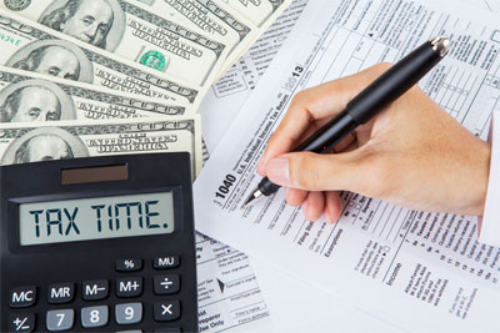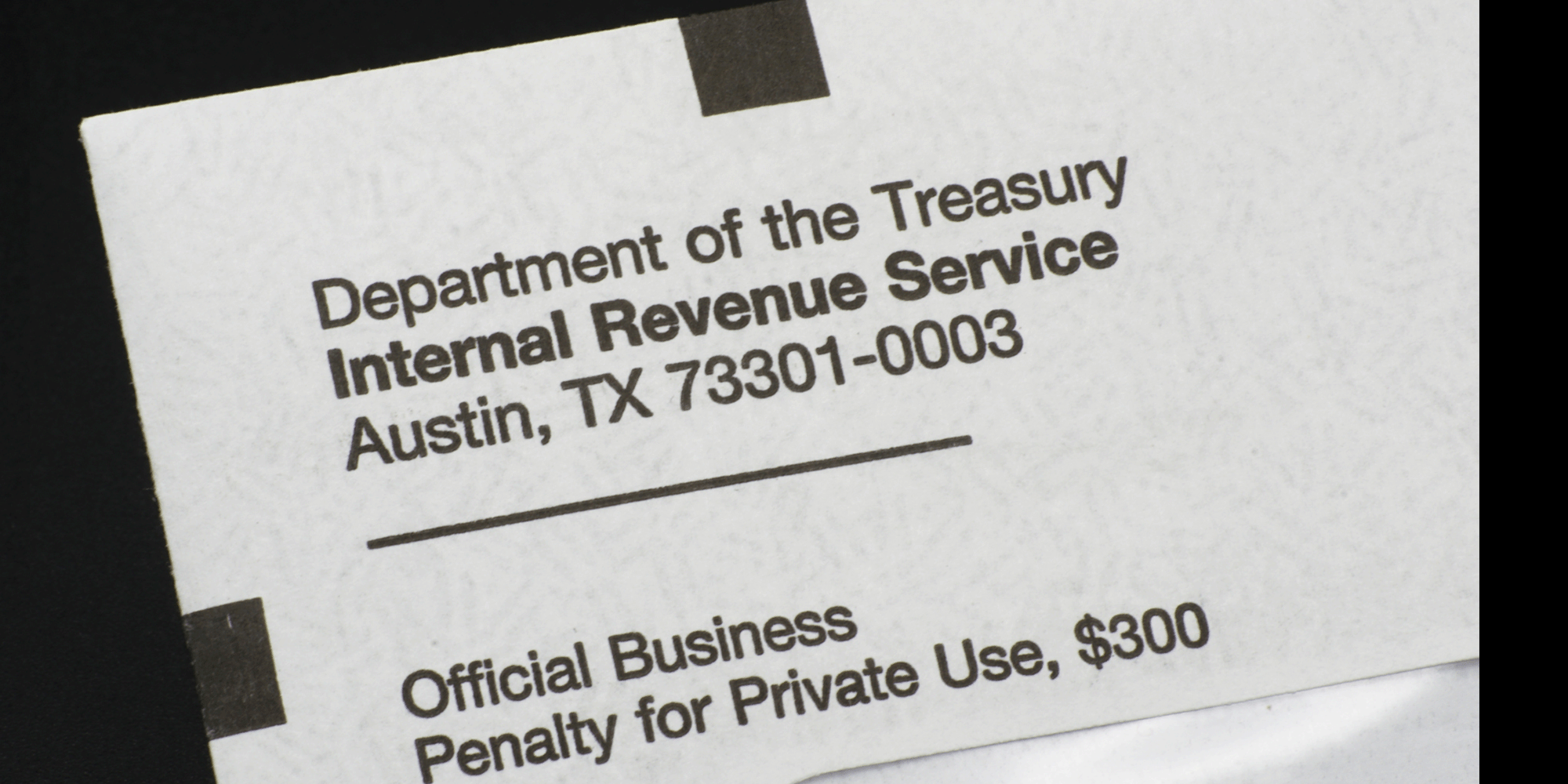Challenging A Tax Debt In Bankruptcy
Bankruptcy is commonly thought of as a way to get rid of debt. But what many people don't realize is that bankruptcy can also be used to challenge certain types of debts - including taxes. Challenging a tax debt in bankruptcy is complex, and it is essential to understand the process and the potential risks before taking any action.
Disputing The Underlying Tax Liability
The first step in challenging a tax debt in bankruptcy is to dispute the underlying tax liability. This means that you will need to prove that the taxes are not actually owed. This can be done by showing that the IRS made a mistake in calculating the amount of taxes owed, or by proving that the taxes were already paid.
When You Can Discharge Tax Debt
In some cases, it may be possible to discharge ( eliminate) tax debt through bankruptcy. This is most likely to happen if the taxes are more than three years old, if you did not file a return for the year in question, or if you can prove that paying the taxes would create an undue hardship.
It's important to note that even if you are able to discharge tax debt, you may still be liable for penalties and interest.
Chapter 7 Bankruptcy - What You Need To Know
Chapter seven bankruptcy is commonly known as liquidation bankruptcy. This is the type of bankruptcy that most people think of when they hear the word "bankruptcy." With Chapter seven bankruptcy, you are required to sell your assets in order to pay off your debts.
In a Chapter seven bankruptcy, all of your non-exempt assets will be sold by a trustee and the proceeds will be used to pay off your creditors.
You may be able to keep some of your assets, depending on your state's laws. These are called "exemptions." Exemptions vary from state to state, but they typically include things like your home, your car, and some personal belongings.
Chapter seven bankruptcy will discharge most of your debts, including credit card debt, medical debt, and personal loans. However, it will not discharge certain types of debt, such as child support, alimony, student loans, and taxes.
Eligibility for Chapter Seven bankruptcy
To be eligible for Chapter seven bankruptcy, you must pass the "means test." The means test is a tool that is used to determine whether or not you can afford to repay your debts. If your income is below the median income for your state, you will automatically qualify for Chapter seven bankruptcy.
If your income is above the median income, you will need to fill out a detailed financial questionnaire in order to determine whether or not you qualify.
The principal conditions that must be fulfilled are:
- The taxes have to be income taxes
- You did not commit fraud or evade taxes
- The debt is at least 3 years old
- You filed all your tax returns
Chapter thirteen bankruptcy - What You Need To Know
Chapter thirteen bankruptcy is commonly known as a reorganization bankruptcy. This type of bankruptcy allows you to keep your assets and repay your debts over time.
In a Chapter thirteen bankruptcy, you will develop a repayment plan that will last for three to five years. This repayment plan will be overseen by a bankruptcy trustee, and it will require you to make payments to your creditors on a regular basis.
At the end of the repayment period, any remaining debt will be discharged.
Eligibility for Chapter Thirteen Bankruptcy
To be eligible for Chapter thirteen bankruptcy, you must have a regular source of income and your unsecured debts must be less than $394,725. You must also have secured debts of less than $290,475.
Federal Tax Liens Cannot Be Discharged
One of the most common misconceptions about bankruptcy is that it will discharge all of your debts. This is simply not true. There are certain types of debt that cannot be discharged through bankruptcy, and one of these is a federal tax lien.
A federal tax lien is a claim that the IRS has on your property in order to secure payment of your tax debt. If you owe taxes and you file for bankruptcy, the IRS will still have a lien on your property.
However, you may be able to negotiate with the IRS to have the lien removed. This is typically done by entering into an installment agreement or by paying off the debt in full. If you are unable to negotiate with the IRS, you can still sell your property. The IRS will then be paid from the proceeds of the sale.
You Can Challenge a Tax Debt in Bankruptcy
If you believe that you do not owe the taxes that the IRS is claiming you do, you can challenge the debt in bankruptcy court. This is known as "disputing" the debt.
To dispute a tax debt, you will need to file a petition with the bankruptcy court. You will then need to provide evidence to support your claim that you do not owe the taxes.
When the court agrees with you, the tax debt will be discharged and the IRS will no longer have a claim on your property. If you are struggling with tax debt, bankruptcy may be an option for you. However, it is important to understand that not all debts can be discharged in bankruptcy. You should speak to an experienced bankruptcy attorney to learn more about your options.
Risks Of Challenging Tax Debt In Bankruptcy
While challenging a tax debt in bankruptcy can help you get relief from the debt, it is important to understand that there are risks involved. The most significant risk is that the IRS may challenge your bankruptcy petition. If the IRS challenges your bankruptcy, it could delay the process and result in you owing more money in the end.
Conclusion
Challenging a tax debt in bankruptcy can be a great way to get relief from the debt. However, it is important to understand the risks involved before you take this step. If you are considering challenging a tax debt in bankruptcy, you should speak to an experienced bankruptcy attorney to learn more about your options. If you owe back taxes, you may be able to discharge the debt in bankruptcy. In order to do this, you must prove to the court that the debt meets certain criteria.
We Can Help
If you are struggling with tax debt, we can help. We are experienced tax professionals who can help you negotiate with the IRS and resolve your tax debt. Contact us today to learn more about how we can help you.
At Morris and Associate Tax Specialists, we can help you understand the bankruptcy process and determine whether it is right for you. We will review your case and help you decide if discharging your taxes through bankruptcy is the best option for you.
We understand that tax debt can be overwhelming, and we are here to help. Contact us today to schedule a consultation. We look forward to helping you get the fresh start you deserve.
Best regards,
Kenneth Morris, EA
Call me: (678) 641-3193
Posts by Tag
- tax problems (49)
- tax services (41)
- How the IRS Works (40)
- Resolving tax debt (38)
- Offer in Compromise (17)
- Tax News (14)
- 2023 Taxes (12)
- filing deadline (7)
- Tax Relief (6)
- Tax Preparation (5)
- 2020 taxes (4)
- Tax Advice (4)
- Avoiding an Audit (3)
- IRS Final Notice (2)
- Save Money (2)
- Estate Planning (1)
- Prior year returns (1)
Recent Posts
Popular Posts
Where's My Refund?
Just wanted to give you a...
An Offer-in-Compromise (OIC) is an agreement...
IRS IS CRACKING DOWN
The IRS has made it...

